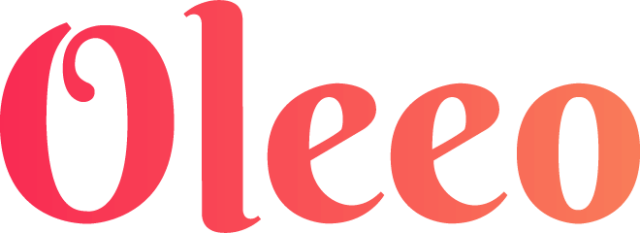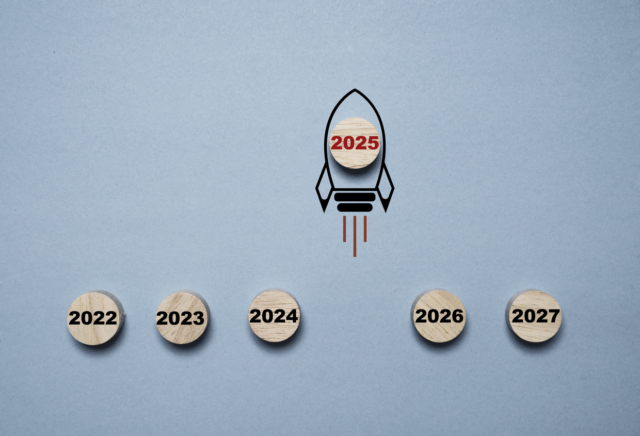The Degree Dilemma and Why Skills-Based Hiring Isn’t Just a Trend, It’s the Future

For decades, the hallowed four-year degree has been the golden ticket to career advancement, a non-negotiable prerequisite for entry into countless professional fields. Recruiters, armed with stringent job descriptions, have meticulously sifted through résumés, prioritizing diplomas and prestigious alma maters.
However, a seismic shift is underway, one that challenges the very foundation of traditional hiring practices.
The move towards skills-based hiring isn’t just a fleeting trend; it’s a fundamental reimagining of how we identify talent, build teams, and propel businesses forward. And make no mistake, it’s not just a future – it’s the future.
The reasons for this pivotal evolution are multifaceted, stemming from a perfect storm of technological acceleration, evolving job markets, and a growing recognition of inherent human potential beyond institutional credentials. The pace of change today is relentless. New industries emerge, existing ones transform, and the skills deemed essential last year might be obsolete tomorrow. Relying solely on a degree earned years ago provides a diminishing return on accuracy when assessing a candidate’s current capabilities.
Think about it: a bachelor’s degree in computer science from ten years ago, while valuable, doesn’t inherently guarantee proficiency in the latest cloud architecture, machine learning algorithms, or cybersecurity protocols. These are skills that are often acquired through continuous learning, certifications, boot camps, or hands-on experience – not necessarily through a traditional academic curriculum. This is where skills-based hiring truly shines. It pivots the focus from where someone learned to what they can actually do.
Democratize opportunity
One of the most compelling arguments for this shift is its immense potential to democratize opportunity. For too long, the traditional hiring model has inadvertently excluded vast pools of highly capable individuals. Veterans with invaluable leadership and technical skills, self-taught coders who built impressive portfolios in their spare time, caregivers re-entering the workforce, or individuals from lower socioeconomic backgrounds who couldn’t afford a four-year university – these are just a few examples of talent often overlooked due to a lack of a specific degree. Skills-based hiring dismantles these artificial barriers, opening doors to a more diverse, equitable, and ultimately more innovative workforce. It levels the playing field, ensuring that talent is recognized regardless of its origin.
Furthermore, this approach offers a more precise and accurate predictor of on-the-job success. Instead of inferring capabilities from a degree, recruiters employing a skills-based model directly assess a candidate’s aptitude for specific tasks. This involves practical assessments, coding challenges, portfolio reviews, simulations, and structured interviews designed to evaluate problem-solving abilities, critical thinking, adaptability, and collaboration – the very “critical skills” that drive real-world impact. This isn’t just about hard skills like coding or data analysis; it encompasses crucial soft skills such as communication, resilience, and emotional intelligence, which are equally vital for thriving in modern workplaces.
Gain a competitive advantage
The benefits extend beyond individual candidates to the organizations themselves. Companies that embrace skills-based hiring gain a significant competitive advantage. They can tap into a wider, deeper talent pool, significantly reducing time-to-hire by focusing on immediate capability rather than historical credentials. This leads to more efficient recruitment, better retention of employees who feel valued for their contributions, and ultimately, a more agile and future-proof workforce. When you hire for skills, you’re not just filling a role; you’re investing in adaptability. You’re building a team that can continually learn, evolve, and pivot in response to emerging challenges and opportunities.
Of course, implementing a skills-based hiring model isn’t without its challenges. It requires a fundamental rethinking of job descriptions, interview processes, and assessment tools. It demands training for hiring managers to identify and evaluate skills objectively, rather than relying on familiar proxies. It necessitates a commitment to validating assessments to ensure they are fair, unbiased, and genuinely predictive of performance. However, these are not insurmountable hurdles; they are investments in a more effective, equitable, and sustainable talent strategy.
The reign of the degree is ending
In an era defined by rapid technological advancements and evolving societal values, clinging to outdated hiring methodologies is no longer a viable option. The degree will always hold value as a personal achievement and a foundational learning experience. But as a universal gatekeeper to opportunity, its reign is coming to an end. The future of work demands a focus on what people can do and learn, not just what they’ve studied. Embracing skills-based hiring isn’t just about keeping up; it’s about proactively shaping a more inclusive, dynamic, and effective global workforce. It’s the undeniable path forward.
The AI revolution
Oleeo’s candidate screening software uses AI and behavior frameworks to pinpoint candidates with precisely the right skills.
So, how exactly does the scoring system work?
SkillsAssess points out the key parts of an applicant’s response that really evidence their soft skills, and also gives you an overall score of how well they match the skills you seek.
Step 1 – Highlights key skills on application forms
Step 2 – AI recommends a score out of capability in line with behavioural frameworks
Step 3 – You make the final decision
Interested in seeing the results firsthand? Get in touch for a deeper dive.



